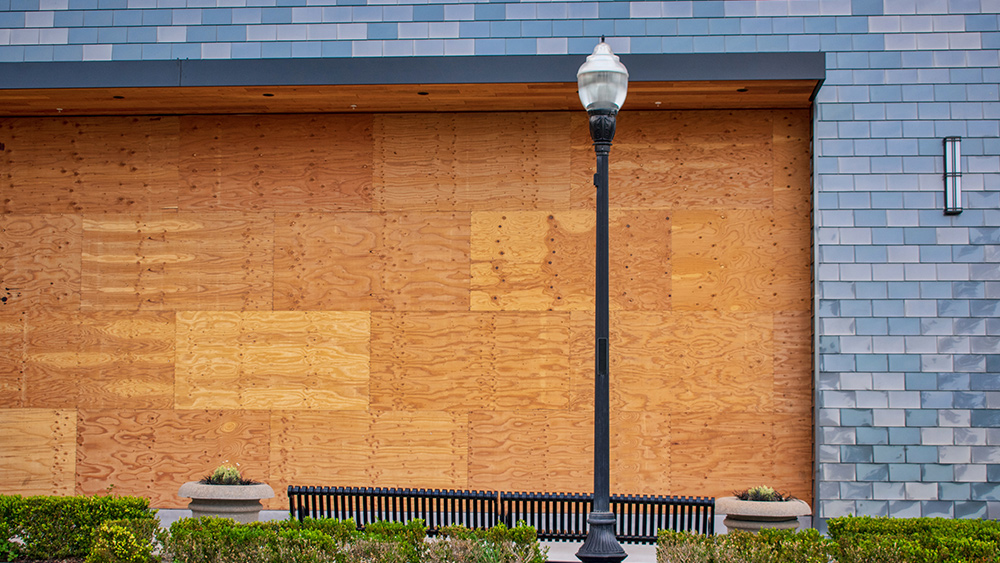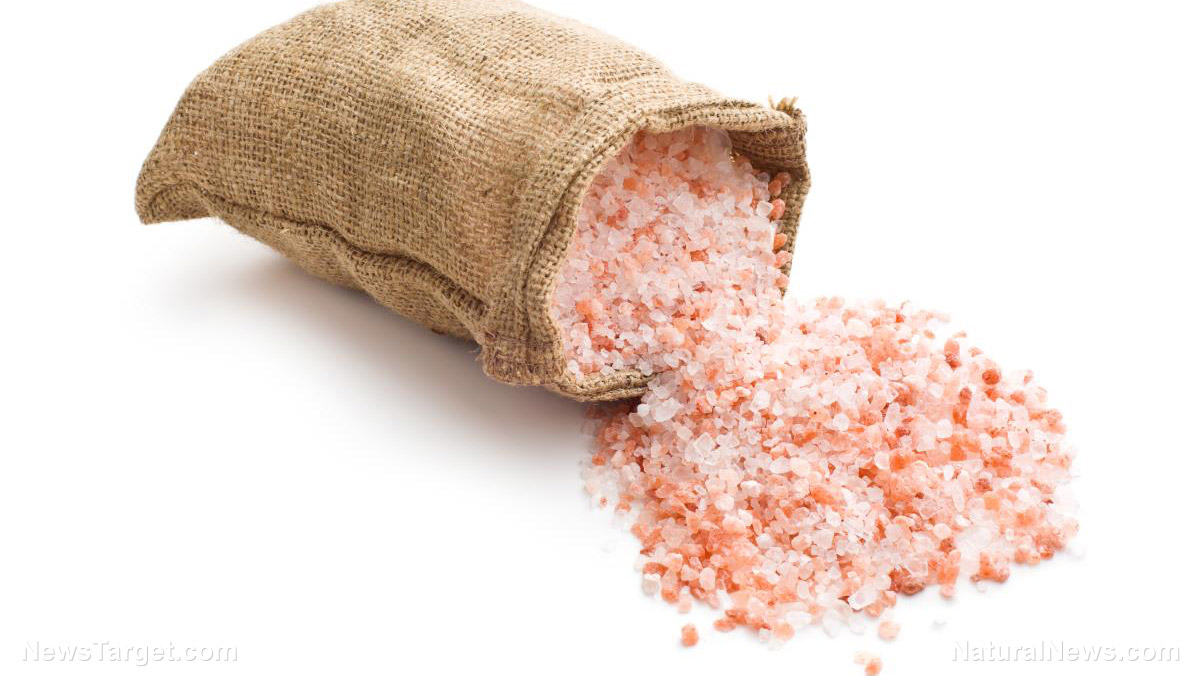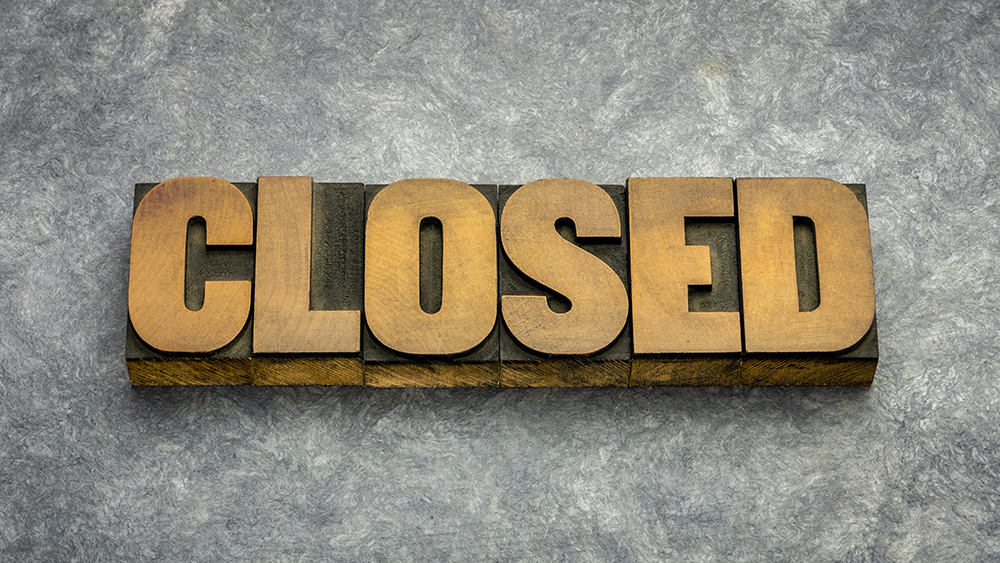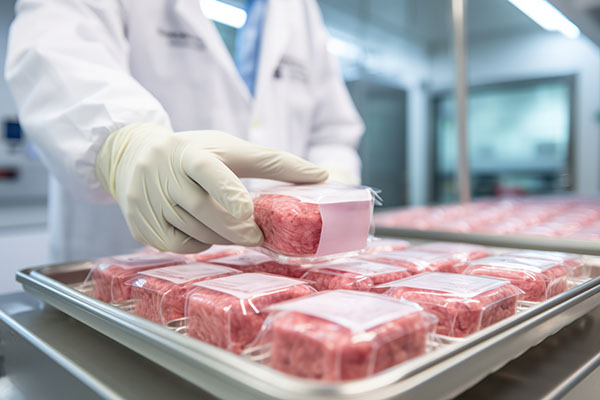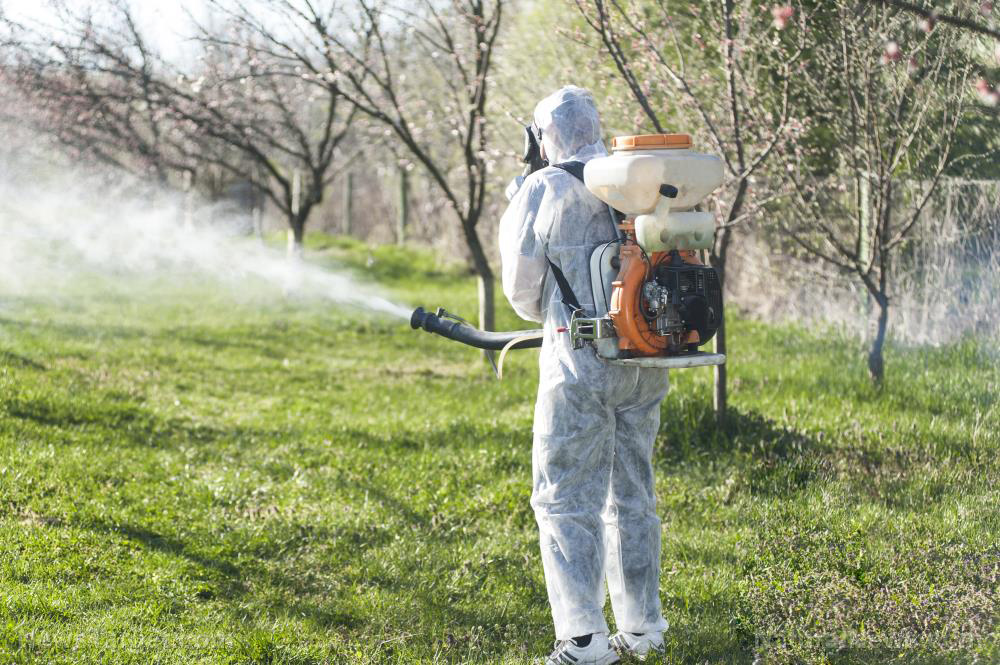U.S. imports facing massive price surges which will be felt at every store in America, on top of continued increases in food, especially beef & egg products
03/13/2024 / By News Editors
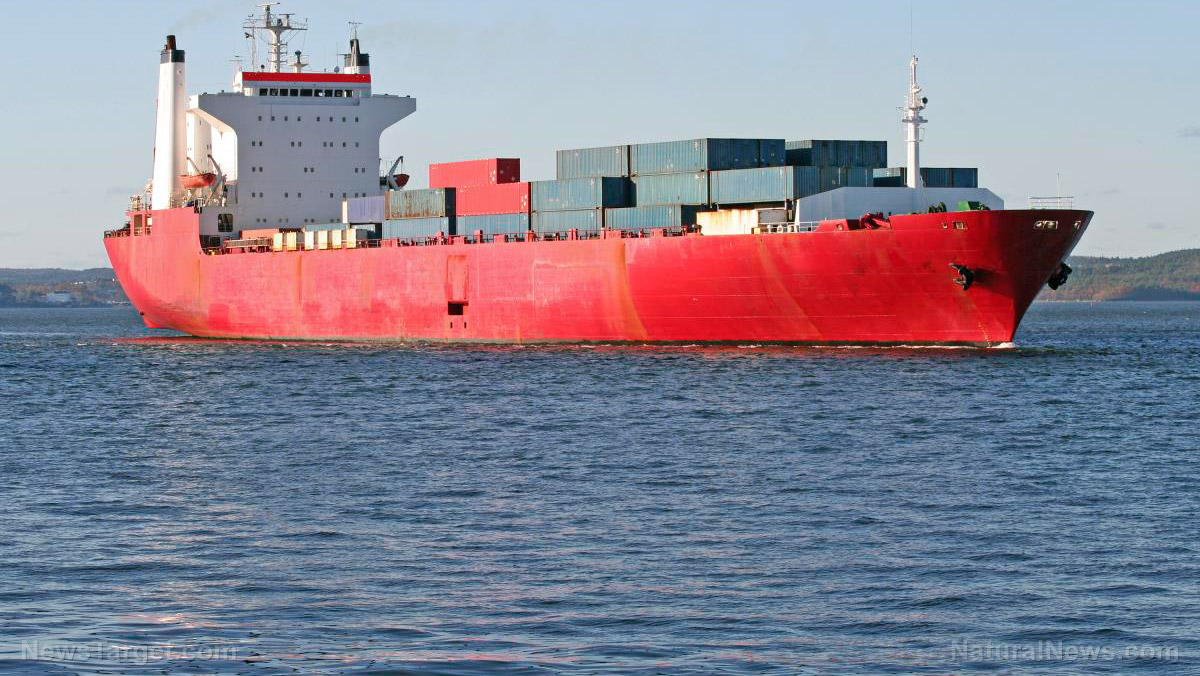
This is one of those reports that remind us that increasing manufacturing in the U.S. should be each and every president’s goal. The fact that so much what we buy here in America is made in another country because in 2010, China displaced America as the largest manufacturing country in the world.
(Article by Susan Duclos republished from AllNewsPipeline.com)
The Congressional Research Service reported in January 2017, the most recent of its type of report, that “Manufacturing output, measured in each country’s local currency adjusted for inflation, has been growing more slowly in the United States than in China, South Korea, Germany, and Mexico, but more rapidly than in most European countries and Canada.”
The Wall Street Journal published a piece on March 10, with the headline of “Two Canals, Two Big Problems—One Global Shipping Mess,” and a sub-header stating “Drought in Panama and Houthi attacks in the Red Sea are delaying deliveries and pushing up costs.”
Over 7,000 miles away, vessels that move containers through Egypt’s Suez Canal are waiting for naval escorts or avoiding the passage altogether to take a much longer voyage around South Africa. Ship operators fear that their crews could be imperiled on the journeys through the Red Sea by missile or drone attacks from a Yemen-based rebel group.
The Suez’s problems are geopolitical and those in Panama are climate-based, but both are roiling global trade. Cargo volumes through the Suez and Panama canals have plunged by more than a third. Hundreds of vessels have diverted to longer routes, resulting in delivery delays, higher transportation costs and economic wreckage for local communities.
Everyone knows that when shipping costs rise, the cost to retailers rise, and then they raise the cost to consumers because businesses are not in the business of giving up their profits.
When I read that I wondered how much that would affect Americans?
In December, Reuters provided a handy little chart that tells us exactly who will be affect the most by the issues at the Suez Canal. Those that shop at Walmart or Target being the ones about to see the biggest differences.
ImportGenius, a global trade database, said goods including clothing and accessories such as handbags, men’s t-shirts and girls’ dresses along with furniture, home decor and everyday items like toothbrushes, made up a majority of the goods transported via the key route so far in December.
It is not often people get enough warning time to take preemptive measures for specific items, but as long as the Iran-backed Houthis continue to attack cargo ships, the higher prices are going to get.
We all saw hoe bad it could get in 2020 and 2021 when supply chain issues occur. Considering supply hasn’t completely recovered since then, and inflation brought prices up exponentially, which are still rising, just be a less, this is is bordering on disastrous.
Read more at: AllNewsPipeline.com
Submit a correction >>
Tagged Under:
bubble, cargo ships, chaos, Collapse, debt bomb, debt collapse, economic riot, economy, finance, finance riot, global shipping, grocery, Inflation, market crash, money supply, panic, products, risk, supply chain
This article may contain statements that reflect the opinion of the author
RECENT NEWS & ARTICLES
COPYRIGHT © 2017 GROCERY NEWS






